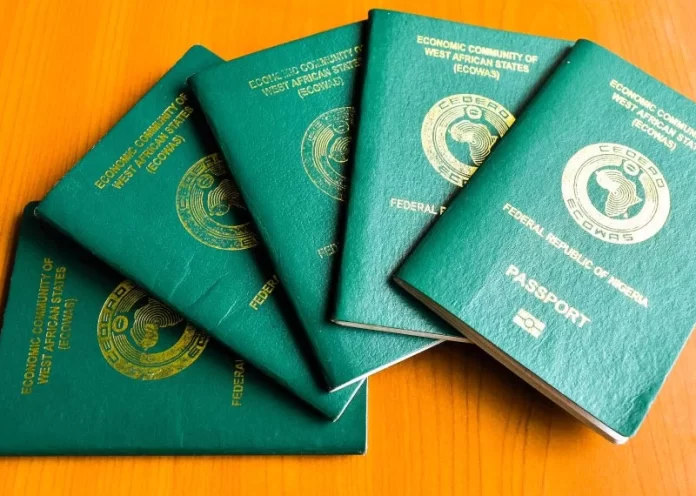Between January and June 2024, a total of 66 Nigerians obtained citizenship in Antigua and Barbuda through the country’s Citizenship-by-Investment Programme (CBI), contributing over $6.6 million to the nation’s treasury.
This was disclosed in a report from the Citizenship-by-Investment Unit (CIU) presented to Antigua’s Parliament on October 15, 2024.
The Nigerians, along with their family members, participated via the National Development Fund (NDF) route, which previously required a minimum donation of $100,000.
The CBI programme offers citizenship in exchange for direct contributions or investments in approved sectors, and Nigeria ranked third globally in the number of applicants, trailing only China and the United States.
It also led all African countries in CBI enrolment through the NDF channel.
Other African nations with fewer applications during the same period included South Africa, Egypt, Kenya, and Ghana, each registering fewer than ten approvals.
The CIU report showed that in the first half of 2024, the programme saw 739 successful applicants from around the world—a 200% increase compared to the same timeframe in 2023.
The rise has been attributed to global geopolitical tensions and anticipation of fee hikes under the programme.
In August 2024, the Antiguan government raised the minimum contribution for a family of four to $150,000.
As a result, many prospective applicants rushed to meet the previous threshold before the new rates took effect.
Financial advisers noted that clients who had already received pre-approval letters were able to secure the lower rate.
According to the CIU, the National Development Fund remained the most preferred option, accounting for 614 applications and generating nearly $63 million in capital. Real estate investments attracted around 15% of applicants.
Antigua and Barbuda’s Minister for Tourism, Investment and Economic Development, Charles Fernandez, explained that the funds have been allocated to key infrastructure projects, including hurricane-resistant housing, a national dialysis centre, and debt relief initiatives.
Data from the CIU’s nationality breakdown showed that nearly 90% of Nigerian applicants opted for the NDF route, thereby directing their investment into public-sector projects rather than tying it to property developments.
Only a small number chose alternative routes such as real estate or the University of the West Indies (UWI) fund option.
Most Nigerian applicants were described as business owners or senior-level professionals, primarily seeking greater global mobility.
An Antigua and Barbuda passport grants visa-free or visa-on-arrival access to 150 countries, including the United Kingdom and the Schengen Zone.
The CBI programme was established in 2013 under the Citizenship by Investment Act.
Applicants are required to undergo international due diligence checks, maintain a clean criminal record, and invest through one of four approved options: a $150,000 contribution to the NDF, a real estate investment of at least $200,000, a business investment of $1.5 million (or $400,000 in a joint venture), or a $150,000 donation to the UWI fund, which includes a one-year tuition grant for a dependent.
Successful applicants must also reside in Antigua for at least five days within five years.
Since 2017, the programme has adopted biometric passport requirements and annual audits to ensure transparency in line with international standards set by the EU and OECD.
